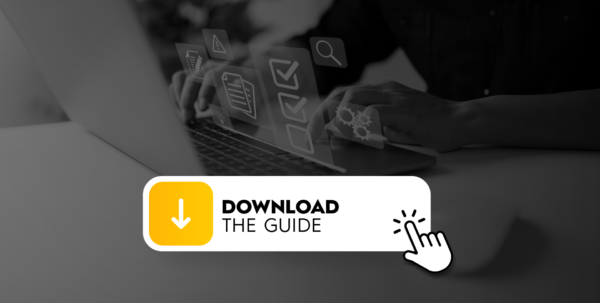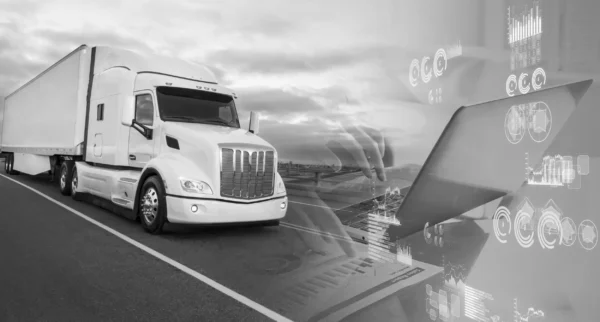
High-Value High-Security Logistics
Published: May 10, 2023
Last Updated: January 19, 2026
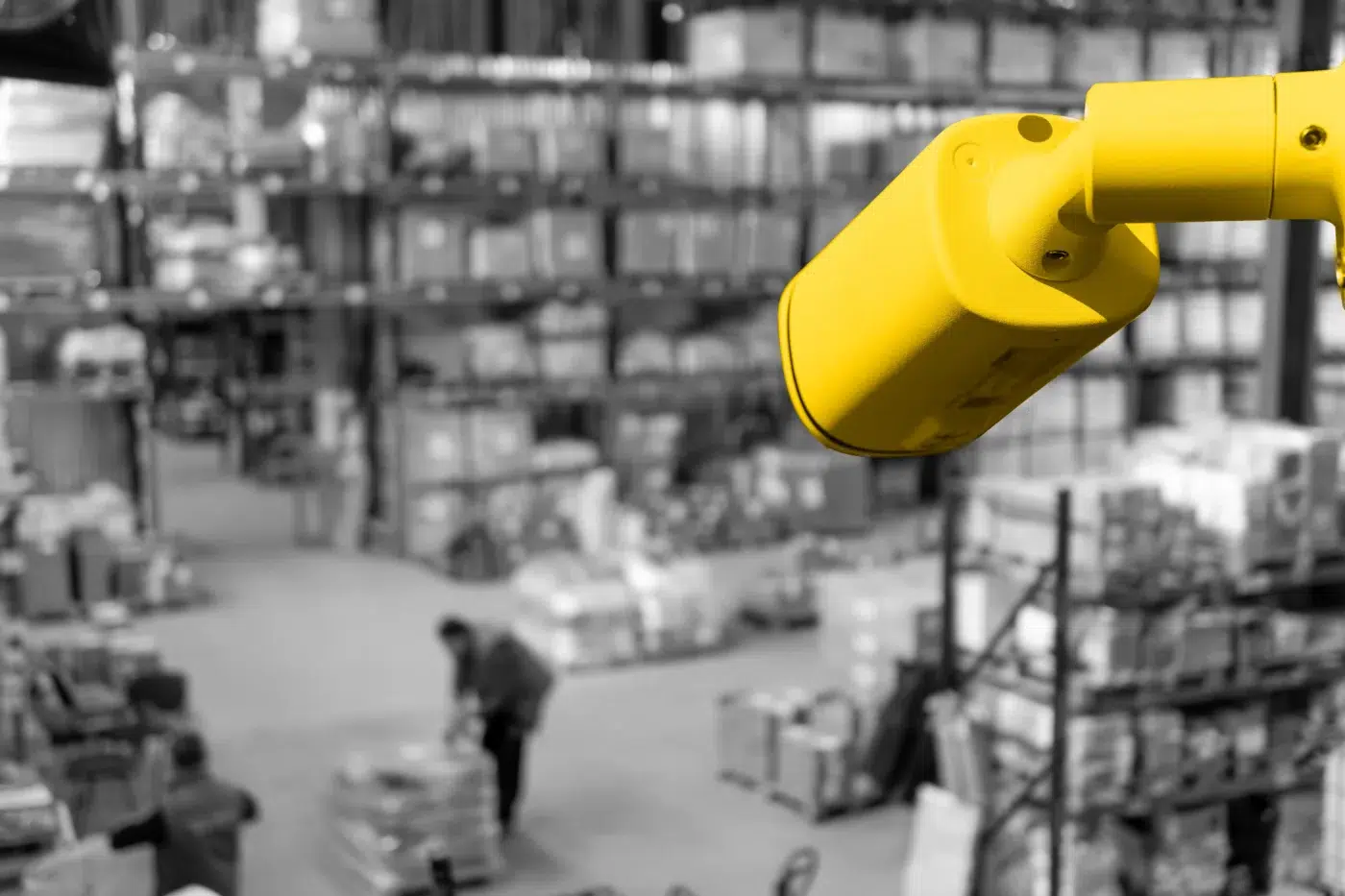
In recent years, the shipping and logistics industry has seen an elevated focus on high-value, high-security shipments that require special attention. The industry is rapidly evolving, and the concept of high-value logistics is expanding beyond the traditional definition of expensive cargo.
The ability to provide visibility and security for shipments, regardless of their value, is becoming a customer expectation. Using technology and investing in personnel is crucial to delivering high-quality customer service and meeting the market’s demands. Whether it’s a government entity or a private company, every shipment is critical, and reputation is everything.
Thus, logistics companies must take every necessary step to ensure the safe and timely delivery of all shipments.


Defining High-Value High-Security Shipments
Traditionally, cargo valued at $100,000+ was considered to be high value. That definition is evolving. High-value high-security shipments are not just restricted to luxury goods or expensive freight anymore. Today, these shipments can also include sensitive or confidential items requiring secure handling and delivery. “High value” is relative to the shipper and what they consider valuable.
The government, for example, is an organization that places exceptionally high importance on security regardless of the monetary value of its cargo. Where a half-million-dollar piece of equipment will always be considered high value because of its cost, every government shipment is considered high value regardless of its cost. For example, military defense materials and pharmaceuticals would be considered high-security and high-value to any organization. For the government, an item with very little monetary value such as a birthday card shipped via the postal service is considered high-value high-security cargo.
Visibility and Tracking
The importance of visibility and tracking in the supply chain cannot be emphasized enough; this is even more critical when moving high-value high-security shipments. Today, consumers expect to know where their freight is at all times, and technologies such as MacroPoint, FourKites, Trucker Tools, Project 44, and Tive trackers have made it possible.
While transportation companies must invest in these technologies, employing experts who understand how to use the data to provide excellent customer service is equally essential. For a company to provide successful visibility solutions, its TMS and operations personnel must work together seamlessly. This includes pinging drivers correctly, updating information, and providing proactive customer updates. It is a 24/7 operation that requires a high level of integrated processes to be successful.
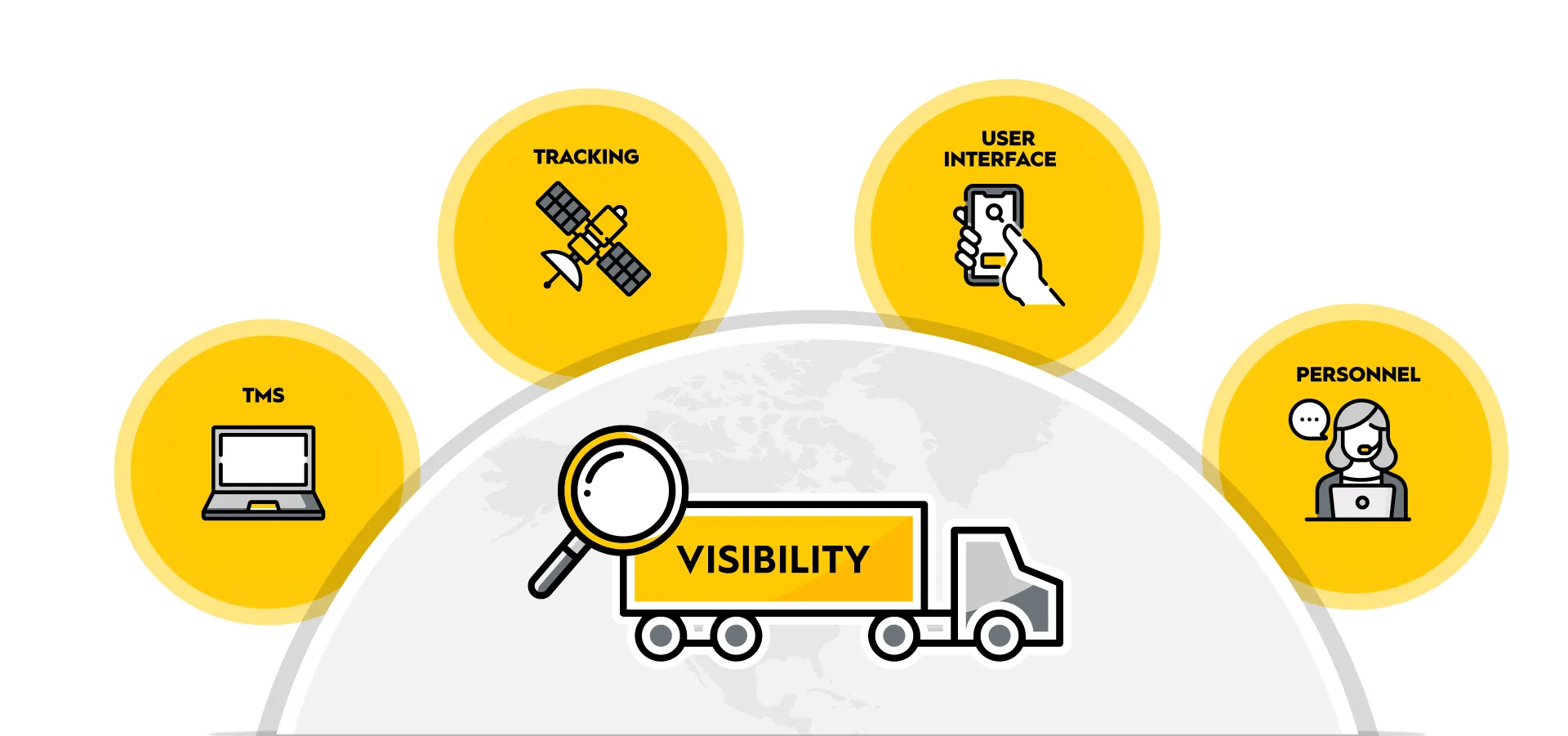
Subscribe!
Subscribe to receive the latest articles, newsletters, whitepapers, and industry news directly to your inbox.
"*" indicates required fields
Freight Security
Freight security is a crucial aspect of the transportation industry. According to CargoNet:
- In 2022, there were 1,778 occurrences of supply chain risk in the United States and Canada, which is 15% higher than recorded in 2021.
- The average value of cargo stolen per incident was approximately $214,104.
- A total of $223 million worth of cargo was stolen in 2022.
The impact of stolen freight goes beyond financial loss. It can also cause physical harm to drivers and consumers, damage equipment, raise insurance premiums, and harm the reputation of both shippers and carriers.
While nearly all transportation companies provide high-value cargo transportation services, it does not mean they are all equal. Each company will have its own standards for what they consider high-value high-security freight.
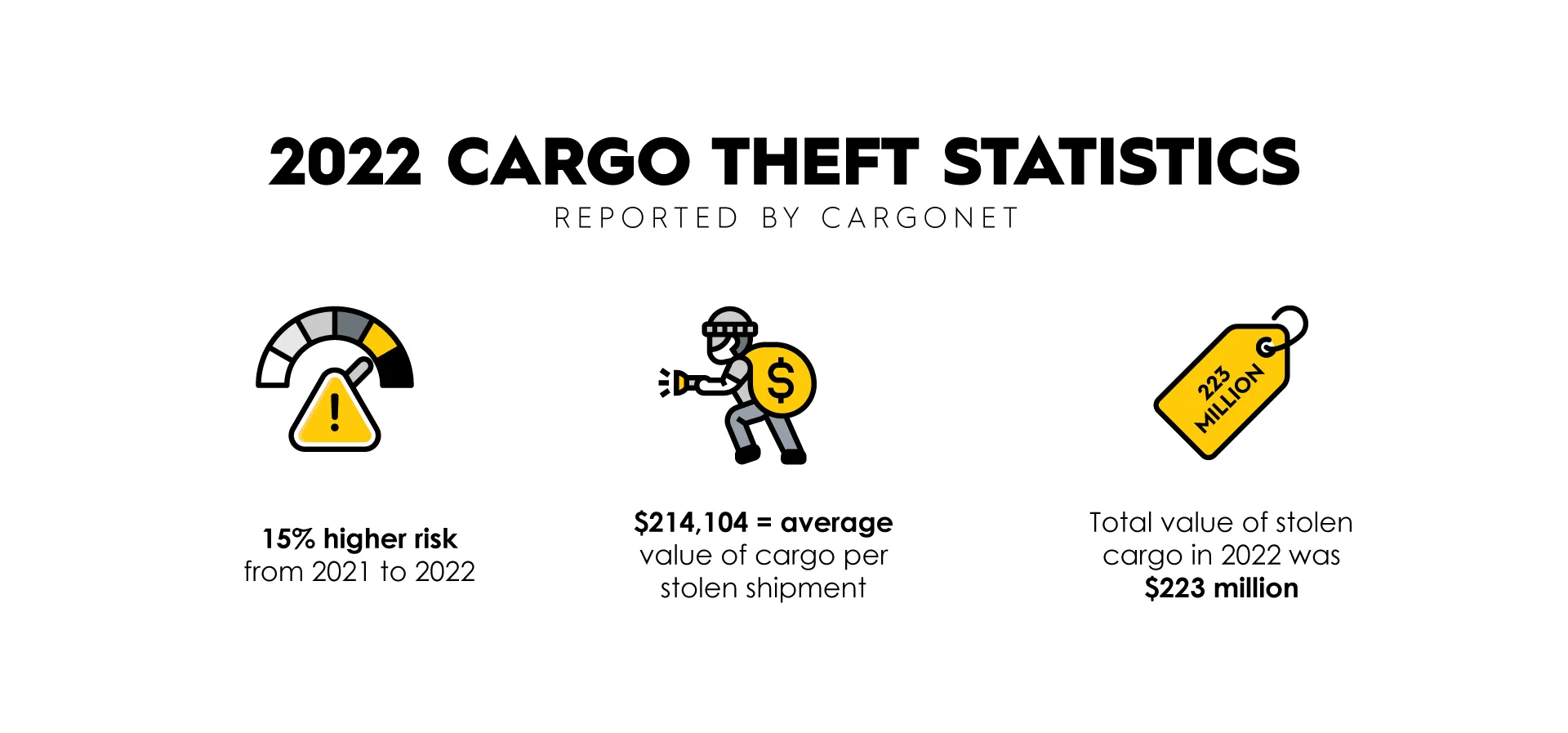
Security Measures
Companies must comply with regulatory requirements, such as the TSA’s (Transportation Security Administration) Air Cargo Program or the Customs-Trade Partnership Against Terrorism (C-TPAT) program. Compliance with these regulations can help companies ensure the security of their shipments and reduce the risk of theft or damage.
An expert Compliance and Risk Management Team is essential to risk avoidance. These teams monitor reporting sites like Carrier 411 and FreightGuard for alerts about carriers in their pool. They keep up-to-date records on each carrier and have policies and procedures to ensure their authorities are accurate and up-to-date. The Compliance and Risk Management team will also warn Carrier Sales teams to take extra precautions around specific dates or in specific geographic areas when reports of theft are high on CargoNet.
Ready to learn more about high-value high-security logistics? Contact us today!


